andrei rublev, 1966
& akira kurosawa's seven samurai 1954
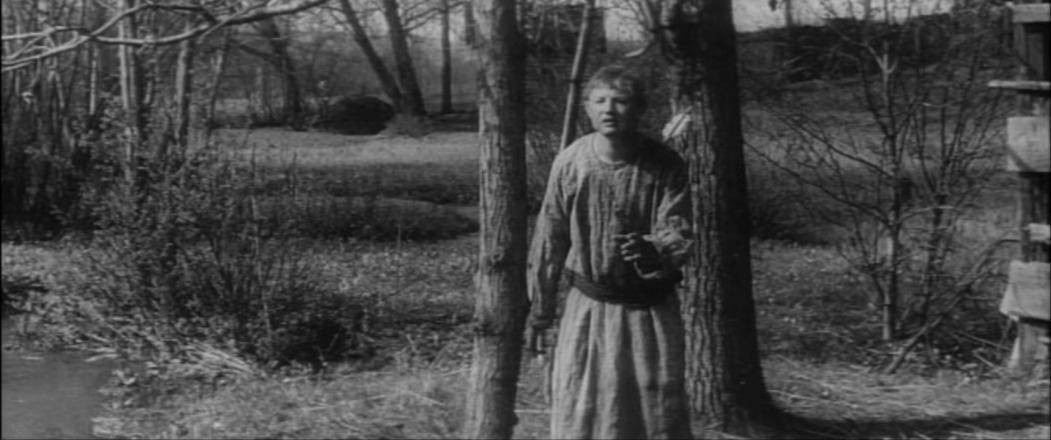
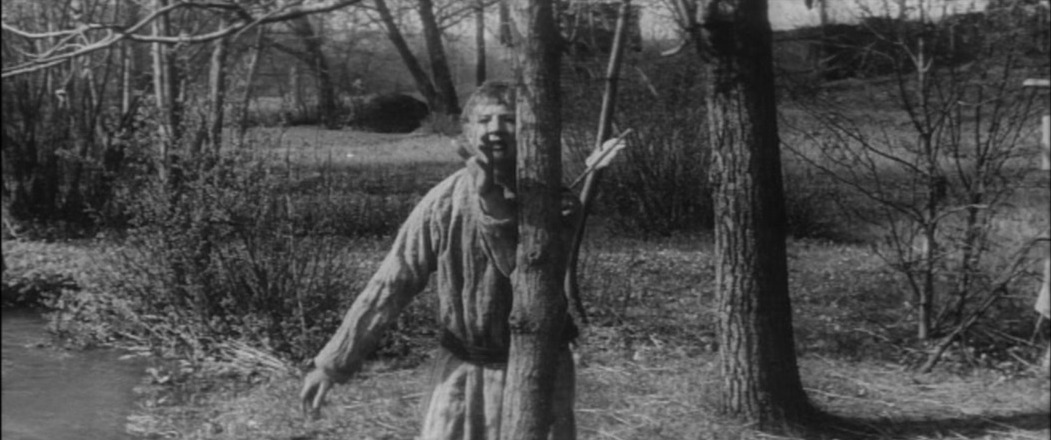
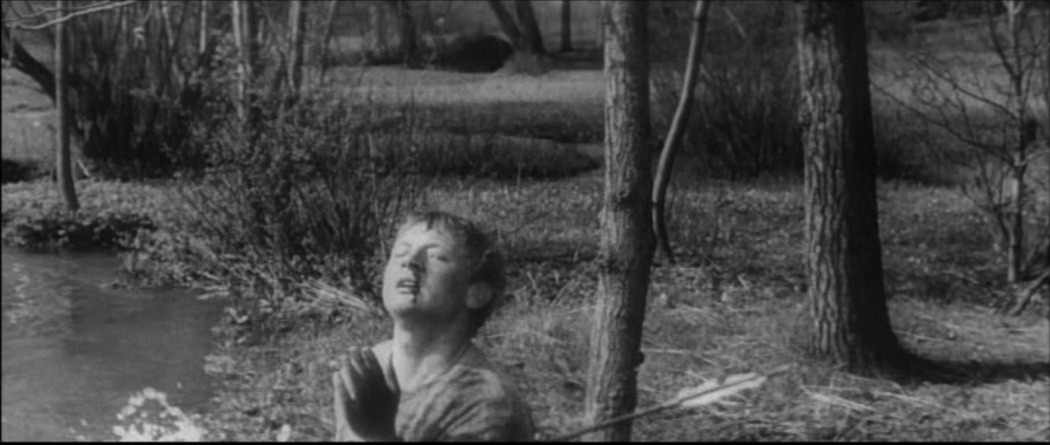
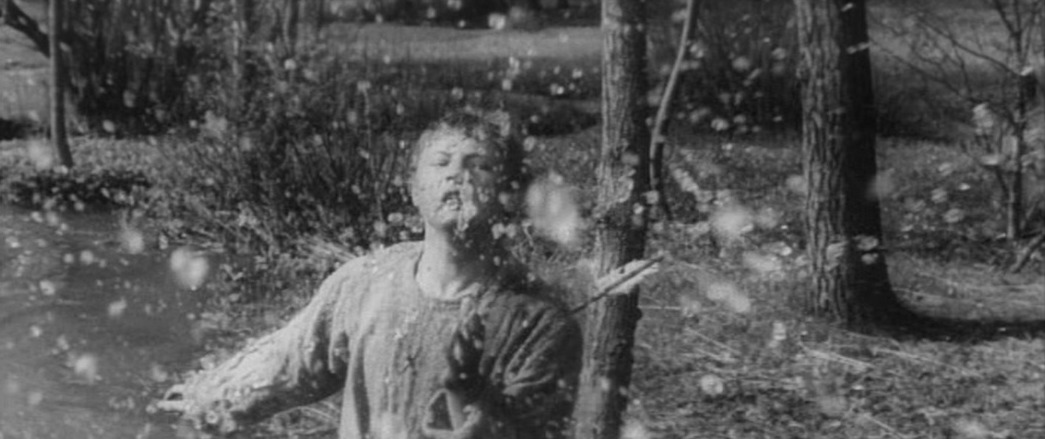
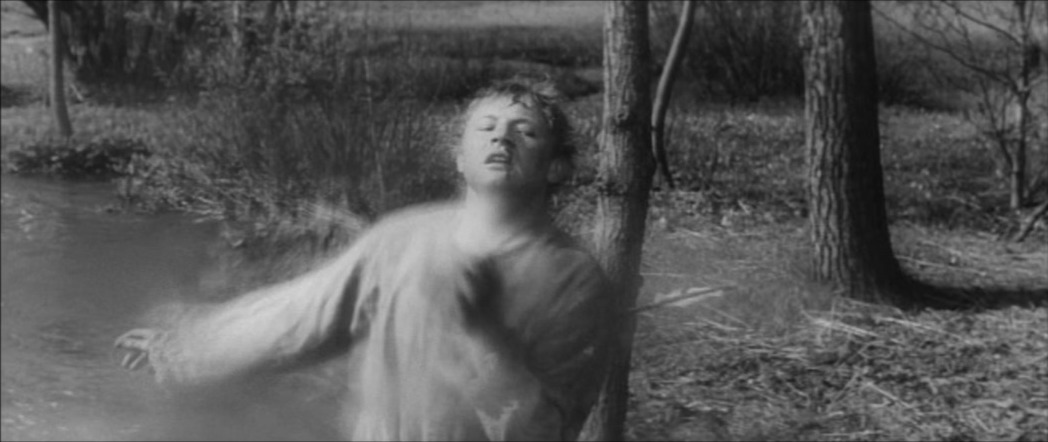
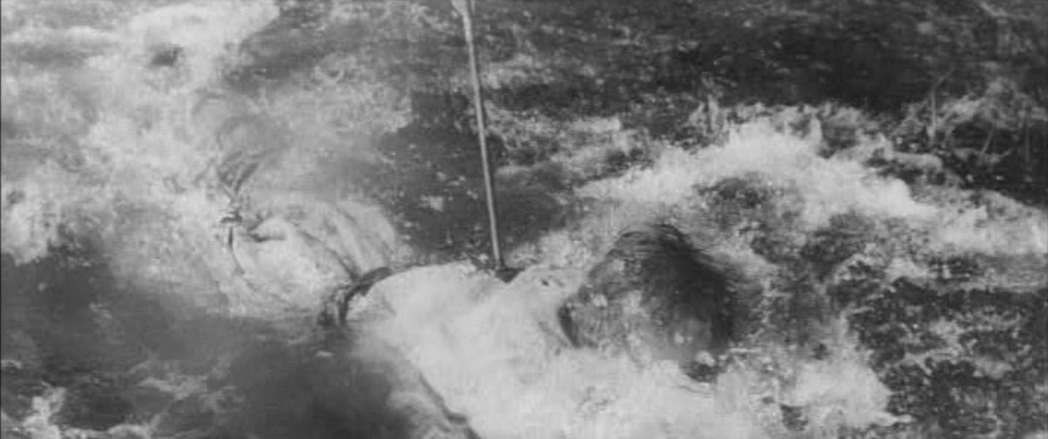
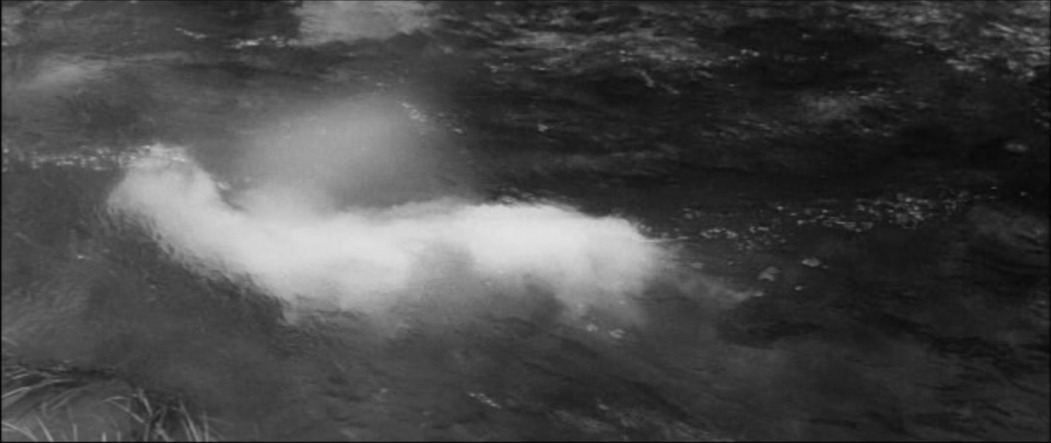
rublev's assistant is shot in the back by an arrow and struggles toward the camera, then dies in the water. all in slow motion. notice water hitting the lense.
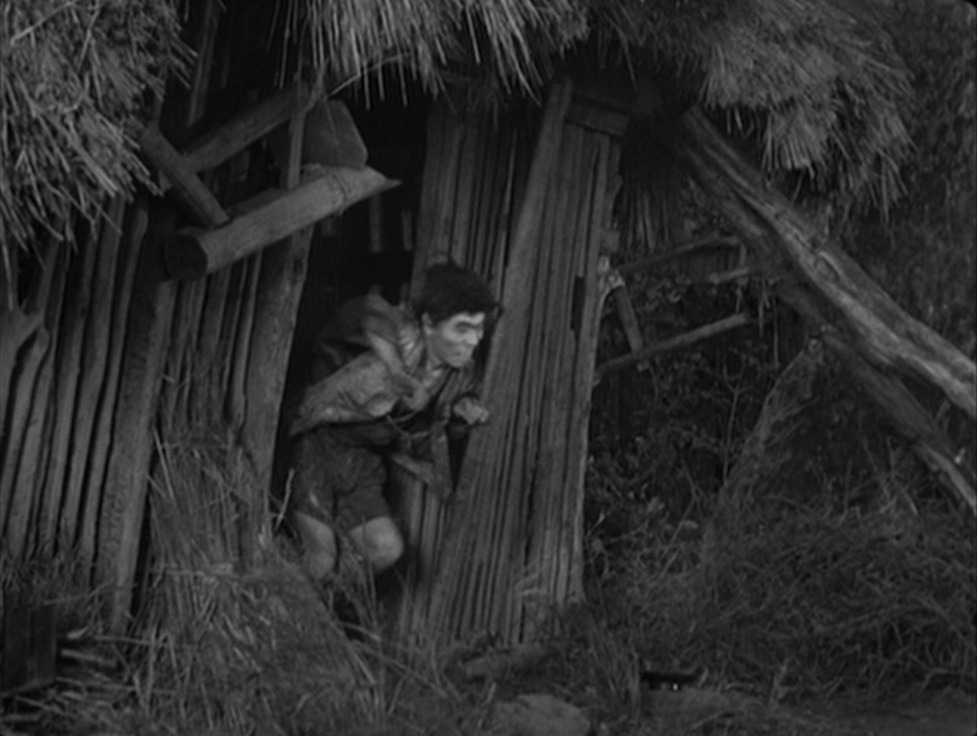


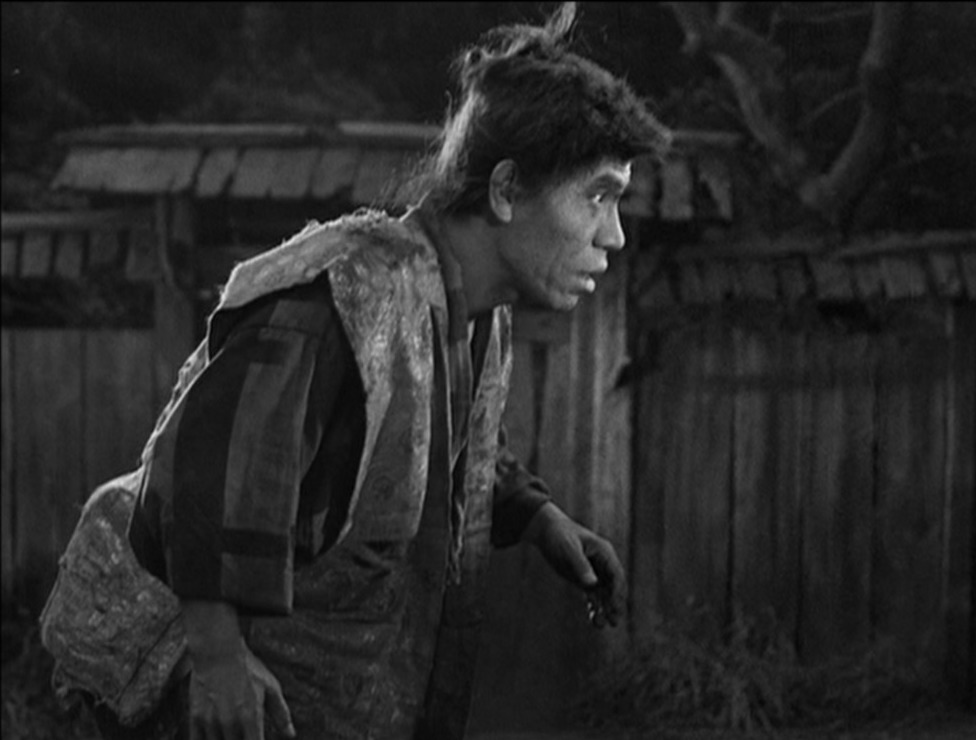
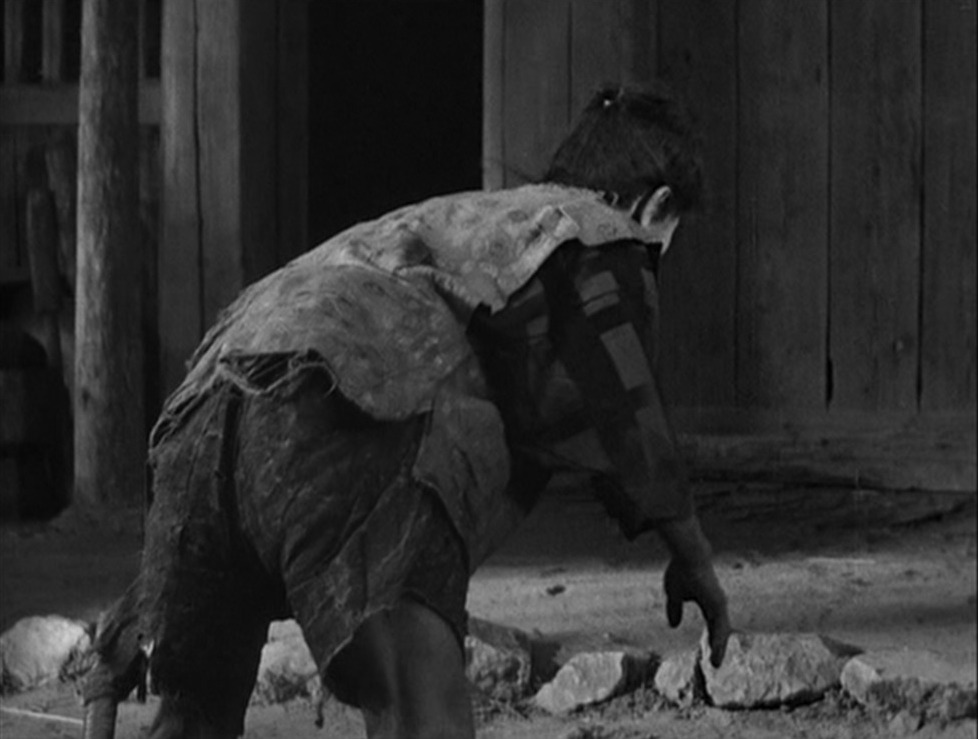
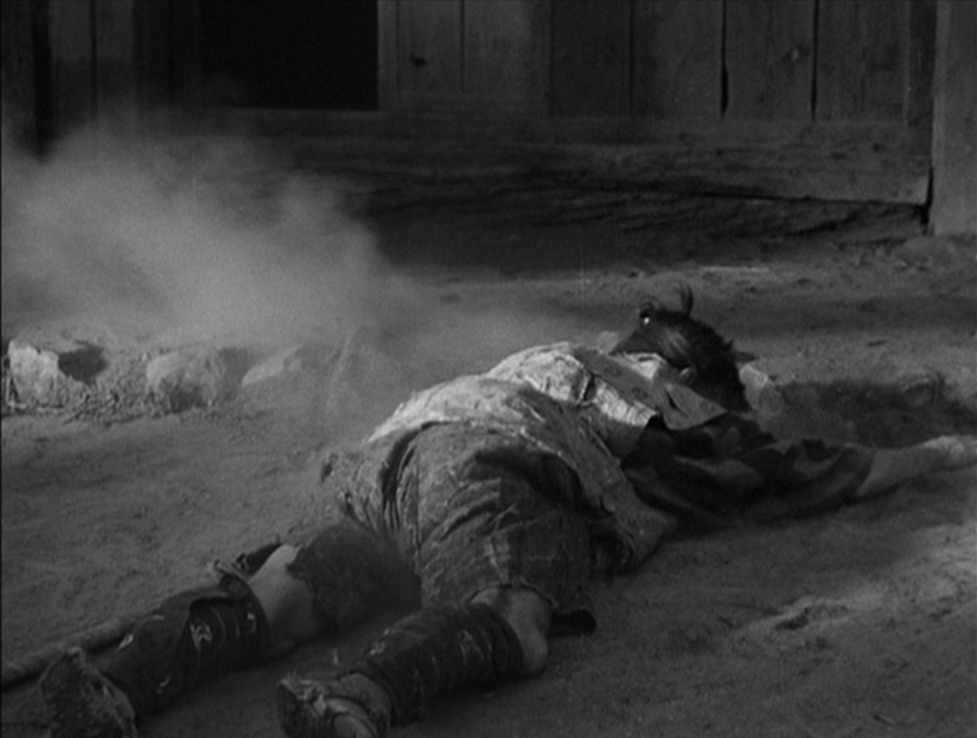

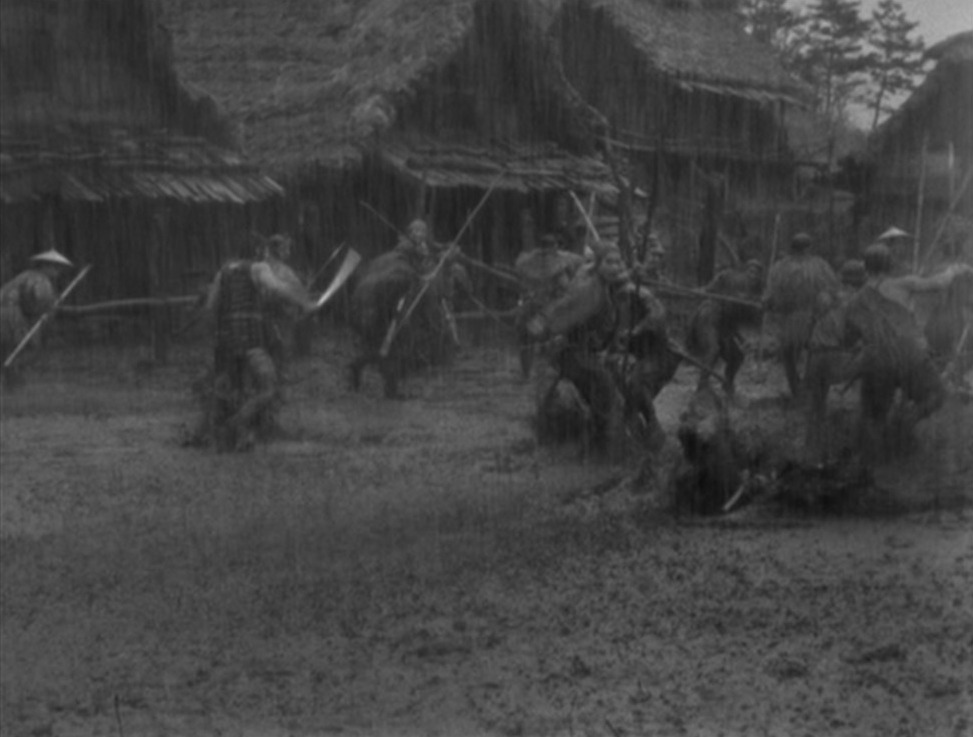
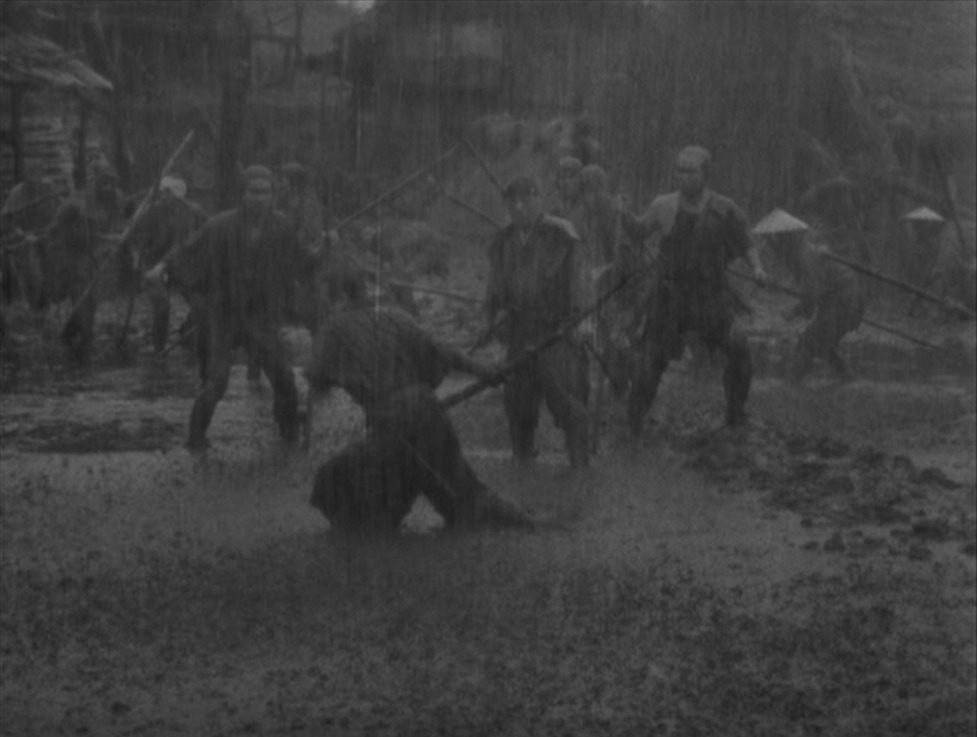
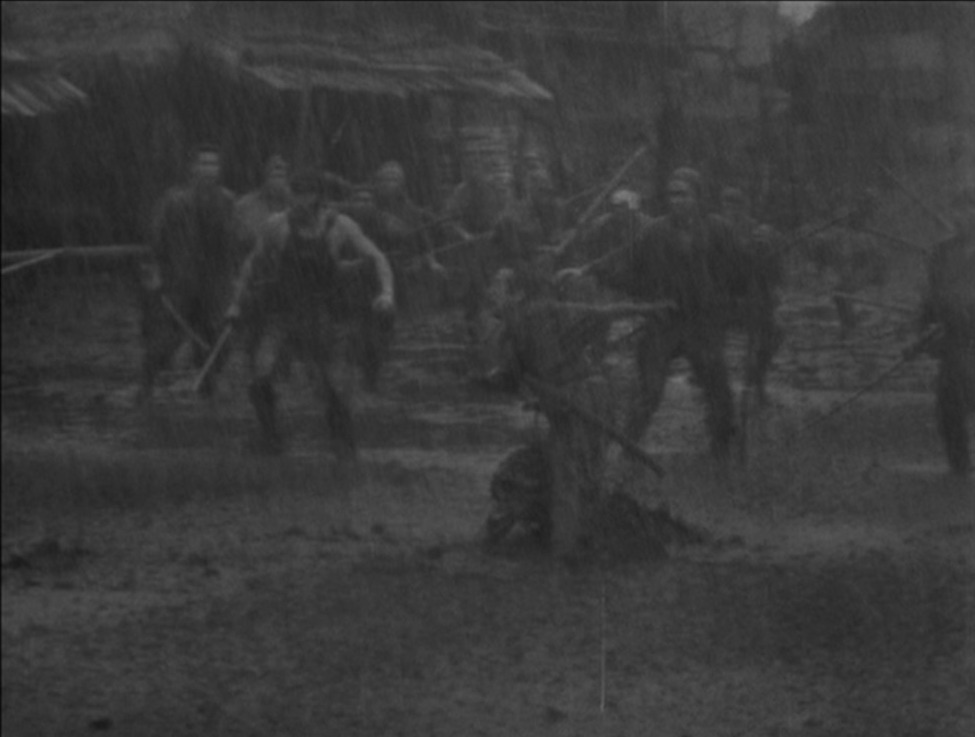

two classic death scenes in seven samurai. first, a thief is killed by takashi shimura, and dies in slow motion.
second, the finale in the rain when the master swordsman is shot down and expires in the mud (being one of the most emotional parts of the film).
the reason for this post came from watching andrei rublev last week and reacting to some scenes of violence, and recognizing one scene in particular (the boy being shot in the back) as a direct reference to some scenes in seven samurai. this coincided with reading the new tarkovsky interview book where he talks about seven samurai and the influence of other film-makers on his work.
here are some quotes from andrei tarkovsky interviews regarding seven samurai and "reciprocal activity" in film-making:
"in seven samurai, in the sequence in which the youngest member of the group is afraid, we see how kurosawa transmits this sense of fear. the boy is trembling in the grass, but we don't see him trembling, we see the grass and flowers trembling. we see a battle in the rain ans when the character played by toshiro mifune dies we see him fall and his legs become covered with mud. he dies before everyones eyes." page 78
"the problem of influence, influx, or reciprocal activity is complex. cinema doesn't exist in a vacuum-one has colleagues and so influences are inevitable. so what is influence or influx? the artist's choice of the environment in which he works, the people with whom he works, it is like his choice of a dish at a restaurant. as for the influence of kurosawa, mizoguchi, bresson bunuel, bergman, and antonioni on my work, it is not influence in the sense of 'imitation'-from my point of view this would be impossible since imitation has nothing to do with the aims of cinema. one has to find one's own language through which to express oneself. to me influx means being in the company of people whom i admire and esteem." page 76
both quotes from interview book.
"tarkovsky told me that he always sees seven samurai before shooting his new films. this is to say that I always see his andrei rublov before shooting."
akira kurosawa from his book a dream is a genius
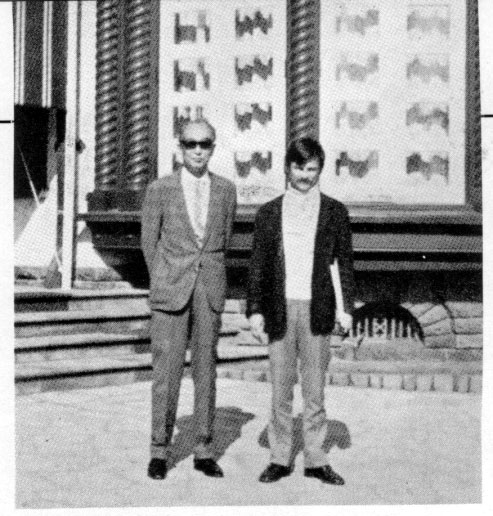
andrei tarkovsky's top 10 films:
1. diary of a country priest (d. robert bresson)
2. winter light (d. ingmar bergman)
3. nazarin (d. luis buñuel)
4. wild strawberries (d. ingmar bergman)
5. city lights (d. charlie chaplin)
6. ugetsu monogatari (d. kenji mizoguchi)
7. seven samurai (d. akira kurosawa)
8. persona (d. ingmar bergman)
9. mouchette (d. robert bresson)
10. woman of the dunes (d. hiroshi teshigahara)
appeared in sight and sound, march 1993, volume 3, issue 3.
here are some good links: *, *, *, *

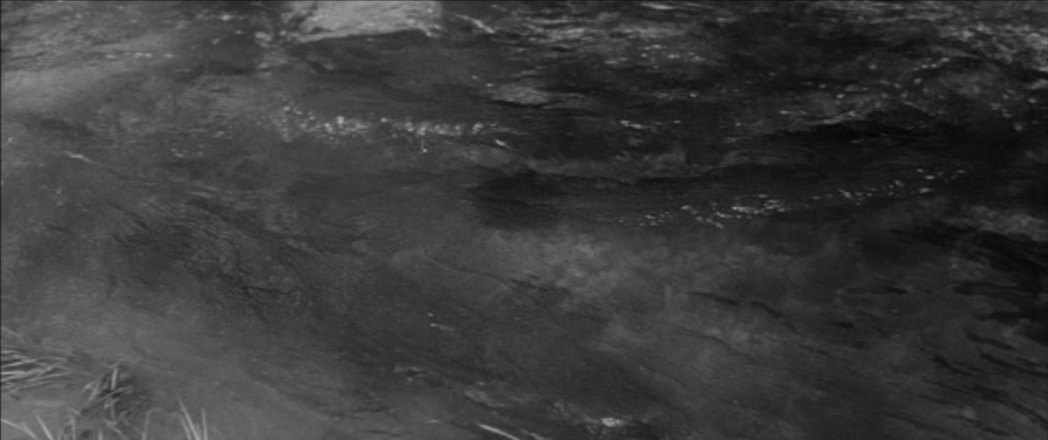
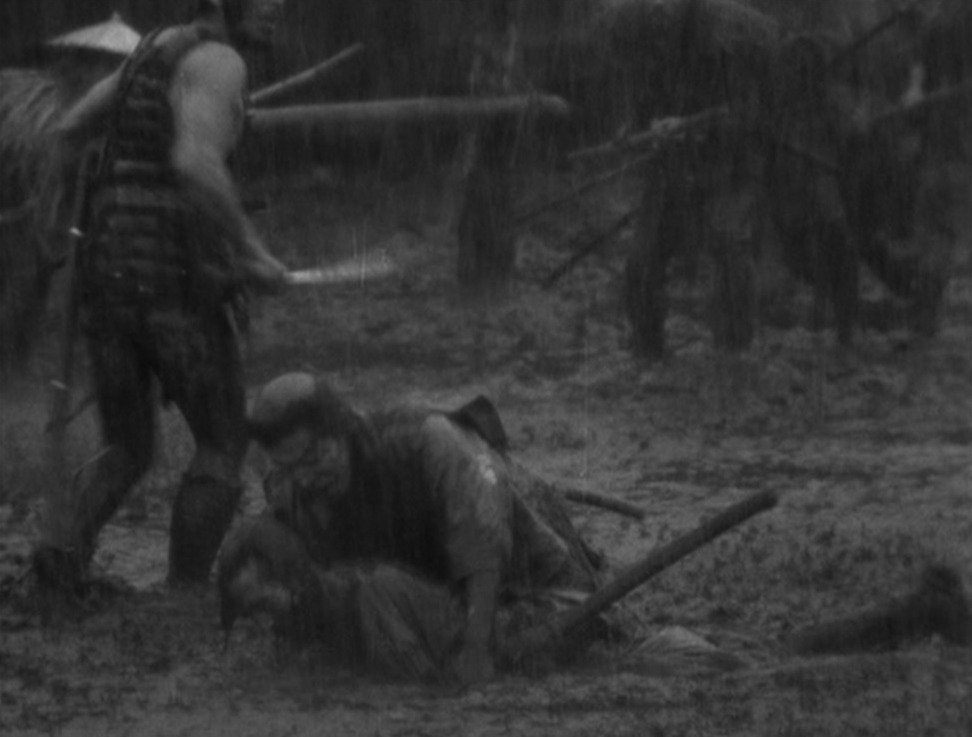
2 comments:
these quotes are amazing, as is the tarkovsky top ten list which i've never seen. what he says about influence is really really great.
he did have a way with words, this isn't a great book, but there are a few nice ones like these.
i was amazed to find the list as well, check this one out as well, for bresson and others.
Post a Comment